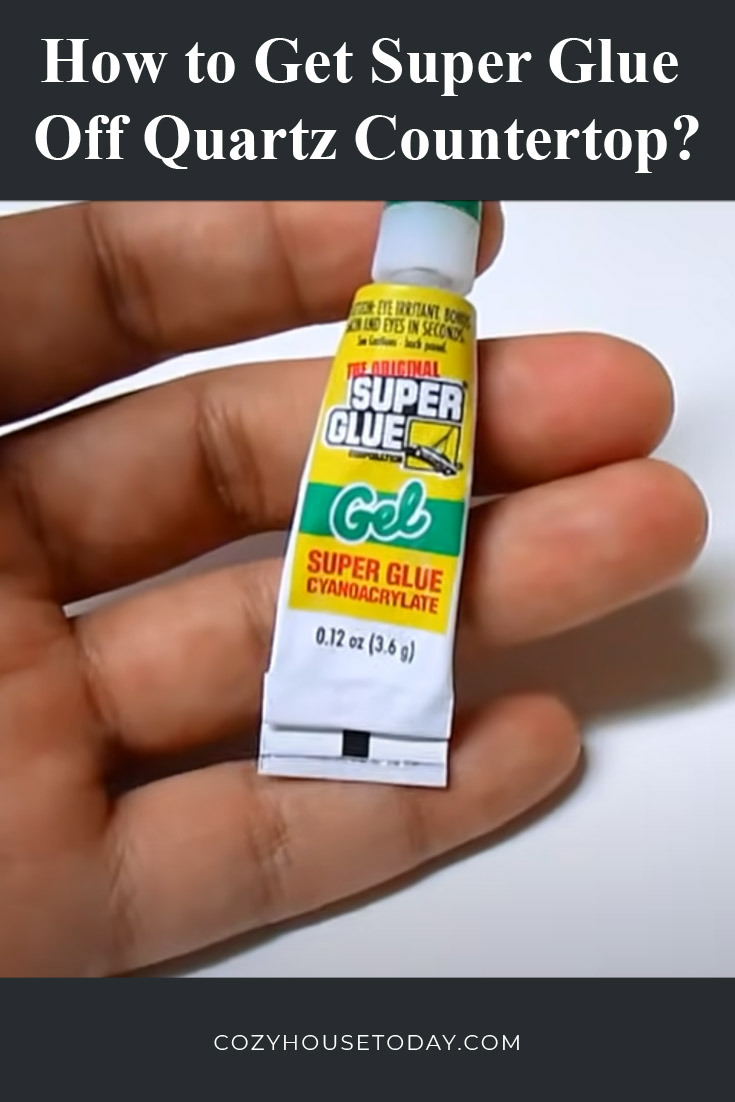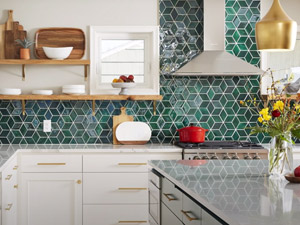
Super glue is one of the most powerful adhesives that you can find. It has a strong grip on many surfaces, but it can be difficult to remove from quartz countertops. This article will give you some advice for removing super glue from your quartz countertop.
Materials you need to remove superglue from quartz countertop
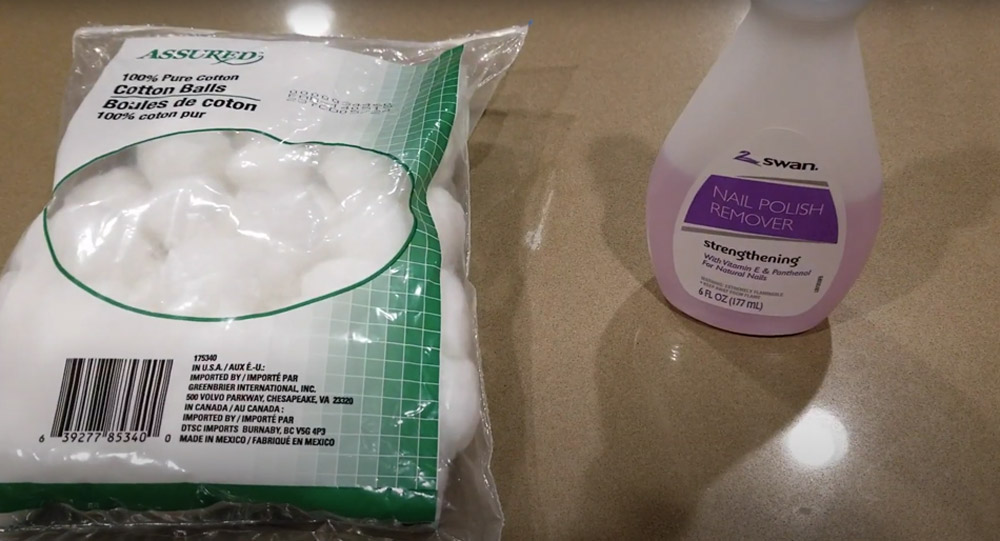
- Acetone
- Rubbing Alcohol (if needed)
- Paper Towels
- Razor Blade
- Soft Cloth
6 steps to remove superglue from quartz countertop
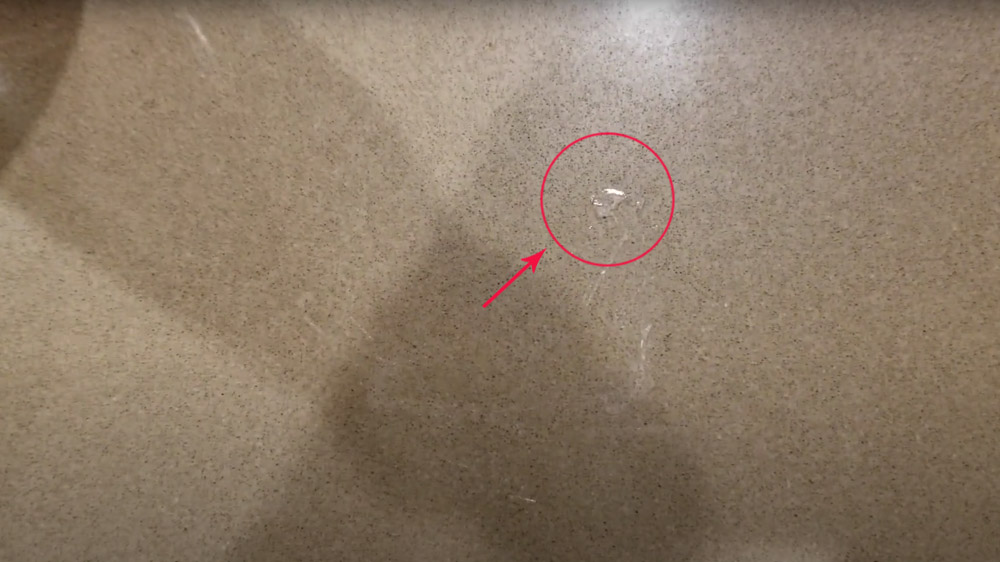
While super glue is a good adhesive for many surfaces, it can be difficult to remove from quartz countertops. You have probably experienced this before when you were trying to assemble some furniture and the pieces wouldn’t stay together.
The problem with removing super glue from your countertop is that it tends to dry quickly, which creates an even stronger bond between the material.
To remove it safely without damaging your countertop, follow these steps.
Test the acetone for compatibility with your countertop’s surface
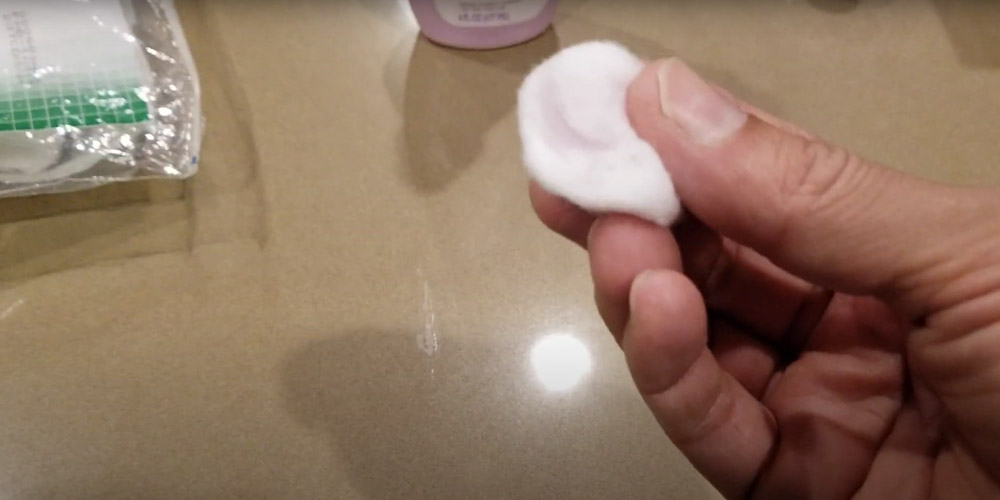
Before using any kind of solvent to remove the super glue, it is important to test it for compatibility with your countertop’s surface. Acetone is a common solvent that is often used to remove super glue, but it can be harmful to some surfaces.
To test the acetone for compatibility, dab a small amount of it on an inconspicuous area of your countertop and wait for a few minutes. If the acetone causes any damage or discoloration to the surface, then you should not use it to remove the super glue.
Carefully remove lumps of super glue
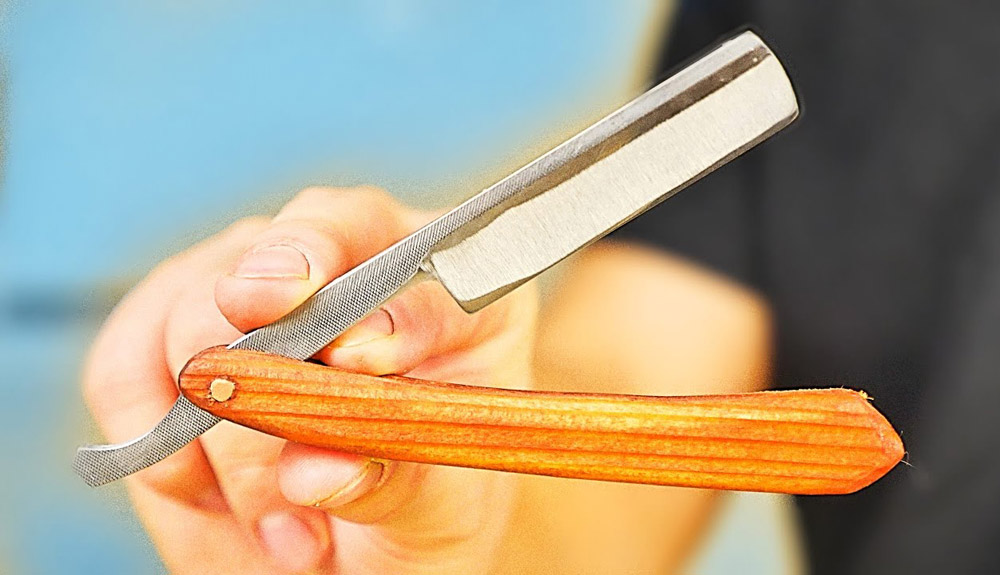
Since super glue dries quickly, you should scrape it off as soon as possible. This can be done with a razor blade to carefully remove the lumps of superglue from your surface. Use the edge of the sharp metal blade to break up and lift away any large pieces that are stuck together or dried on firmly.
Apply the acetone to the stain
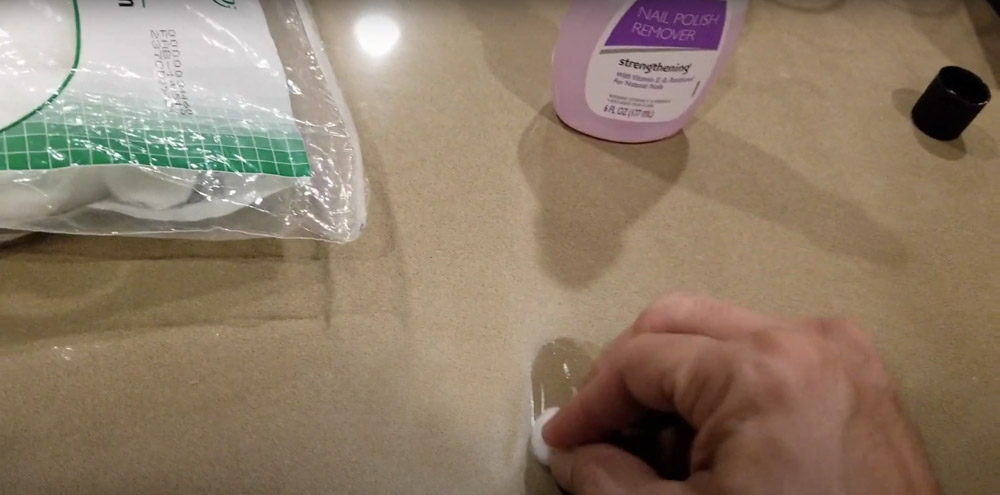
After scraping all visible bits of glue of your countertop, use some paper towels soaked in an acetone solution to wipe down the area where they were glued. Make sure not to over-saturate them because this can cause damage to certain types of surfaces (such as natural stone).
Quickly wipe away any excess acetone
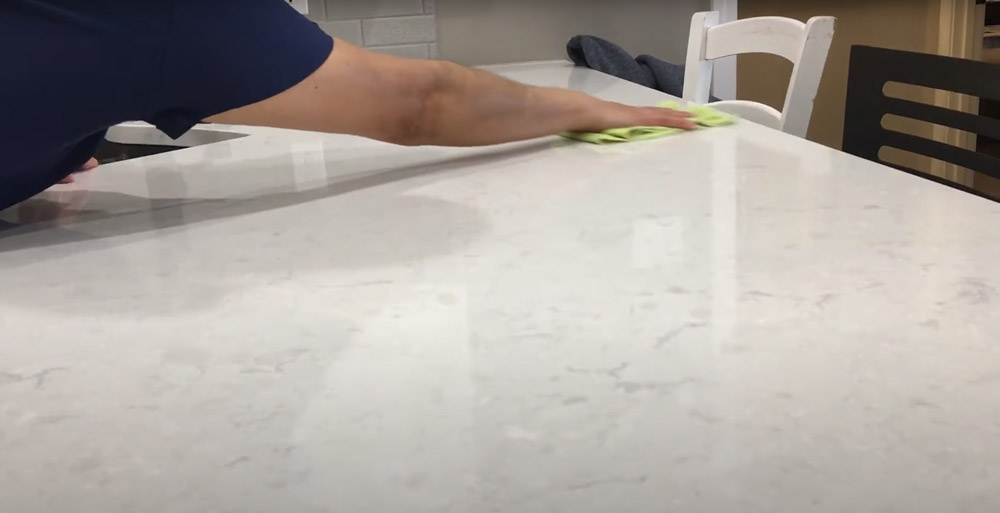
After applying the acetone, quickly wipe away any excess with a paper towel.
This will help to prevent any damage that might be caused by the acetone.
Apply to rub alcohol to the stubborn bits
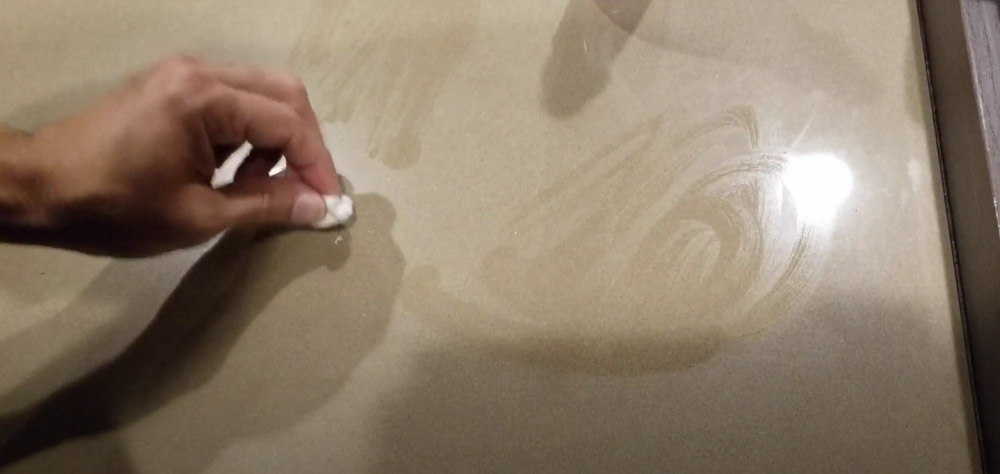
If the super glue is still not coming off, then you can try using some rubbing alcohol. Soak a paper towel in it and apply to the affected area. Wait for a few minutes and then wipe away any residue with another paper towel.
Wait until the acetone evaporates and polish the countertop
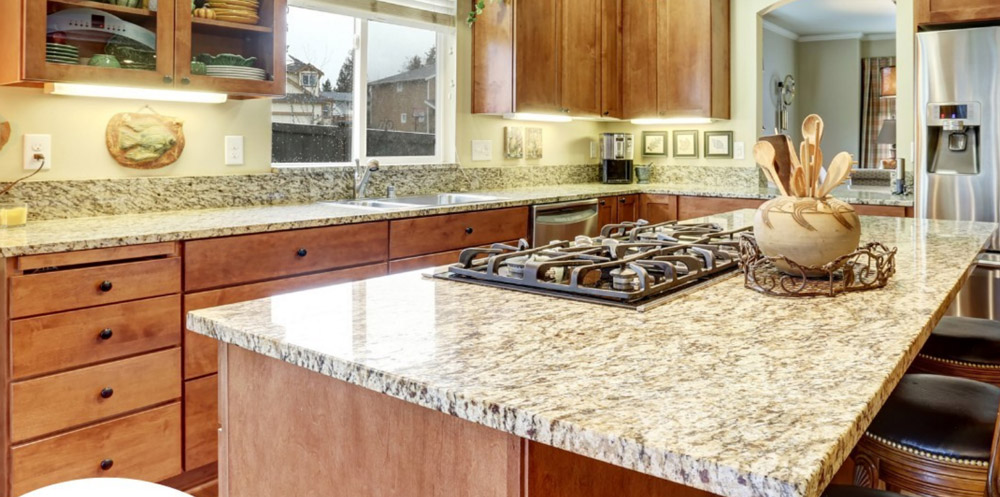
After removing all the super glue, wait for the acetone or rubbing alcohol to evaporate. Then, polish your countertop with a soft cloth to restore its shine.
Let’s hope these simple steps are helpful when removing superglue from your quartz countertop.
Using Commercial Glue Removers
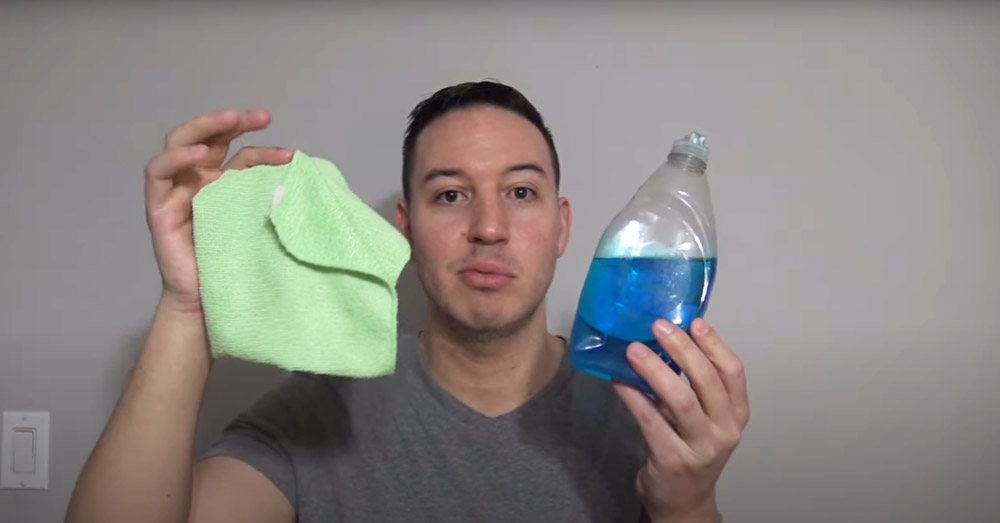
If you need to remove super glue from your quartz countertop, they may use a commercial solvent made specifically for this purpose. These are available in many hardware stores and home improvement centers.
They usually contain the same types of solvents that were mentioned above along with some other ingredients that can help break down cured or dried adhesive quickly without damaging sensitive surfaces like stone or wood.
Use Vinegar and Water
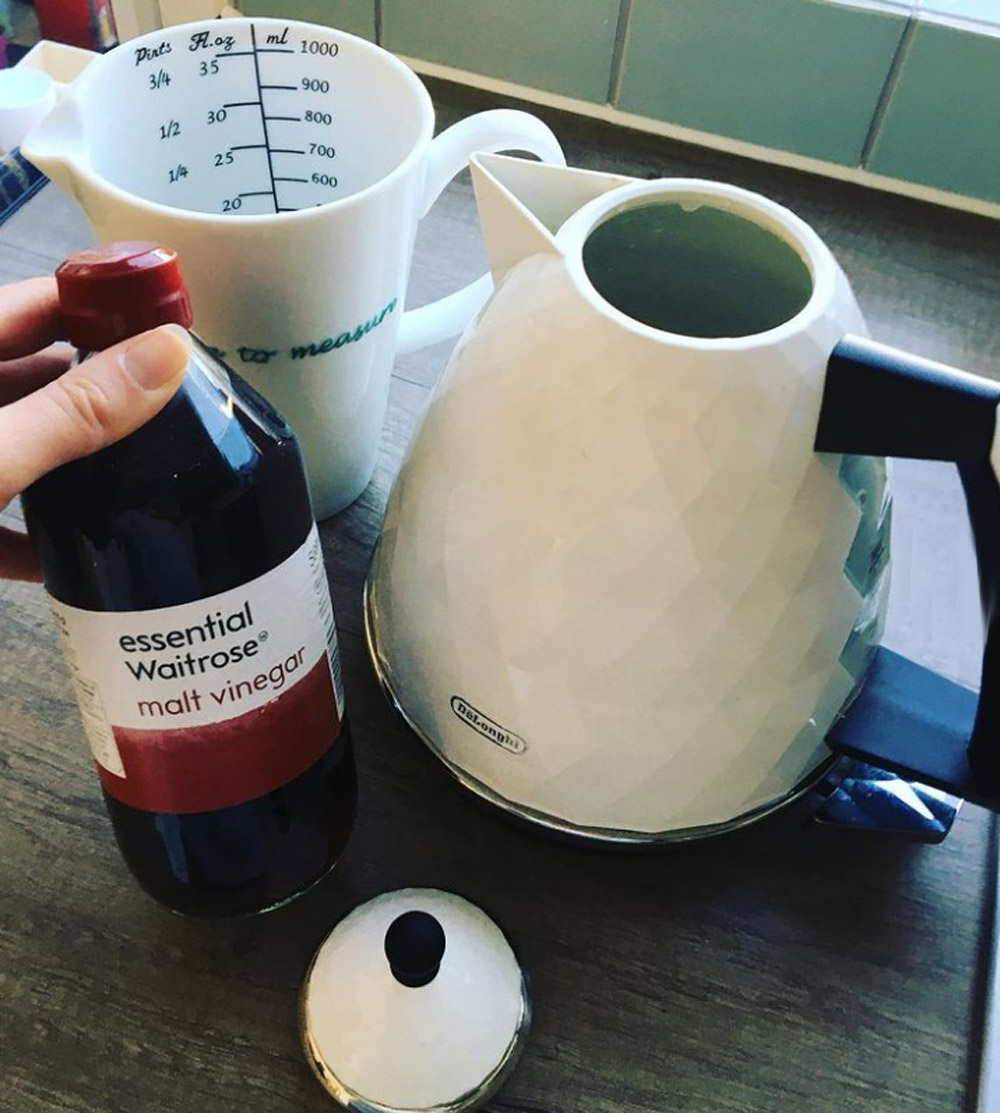
If you don’t have any acetone or commercial solvent, then you can try using vinegar and water. Mix equal parts of white distilled vinegar with warm water in a small glass bowl. Apply the mixture to your countertop with a soft cloth. Make sure not to saturate it because this could cause damage if it soaks into the stone pores too much. Wait several minutes for the super glue residue to soften up before wiping away with another clean rag soaked in plain water.
But be careful! You should avoid using abrasive chemicals that may scratch or etch your quartz countertops like bleach which is caustic enough to ruin the countertop.
Using Rubbing Alcohol
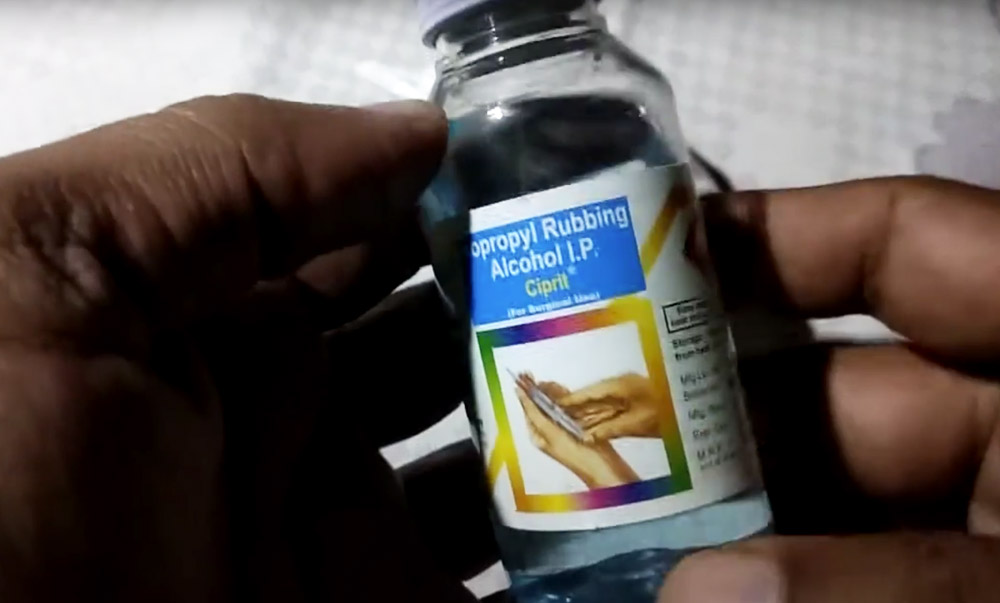
One more way to get rid of super glue on your quartz countertops is by saturating them with rubbing alcohol. Put some on a paper towel, and then place it over top of the glue that you need removing. Wait five minutes while continuing to apply pressure onto the affected area.
Then, scrape off the excess adhesive using something sharp like an Exacto knife or razor blade, but be careful not to scratch your surface! Once most of the gluing has been taken care of, use another clean paper towel soaked in rubbing alcohol to wipe off the area. Let it dry completely before continuing with your day.
Use Ice Cubes
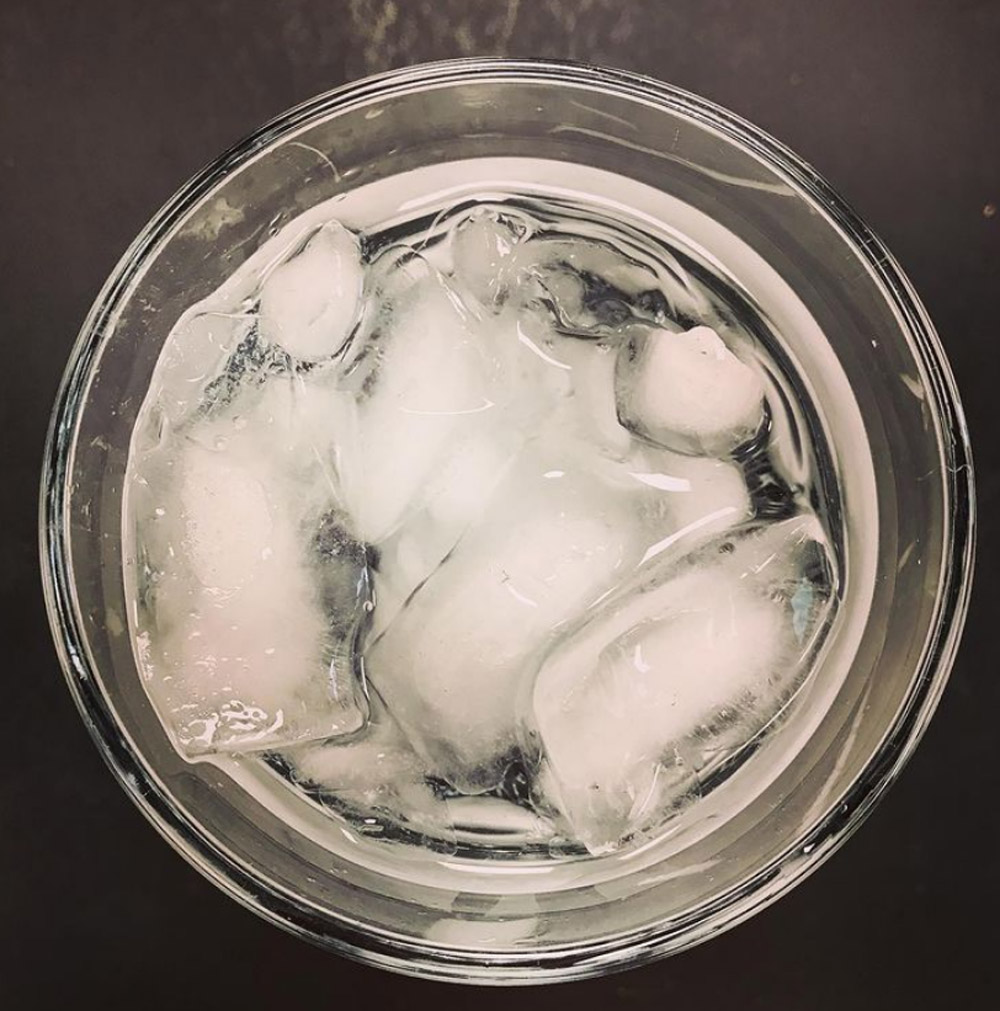
Fill up a tray with water and place some ice cubes in the freezer until they’re frozen solid. Take one of these out and use it as an ice scraper on top of the super glue mess.
The cold temperature will cause the chemical reaction that breaks down the proteins found in most types of glues which makes them easier to scrape off.
Be careful though because this could also damage your countertop if too much pressure is applied o it.
How to remove super glue from a countertop before cure time is reached?
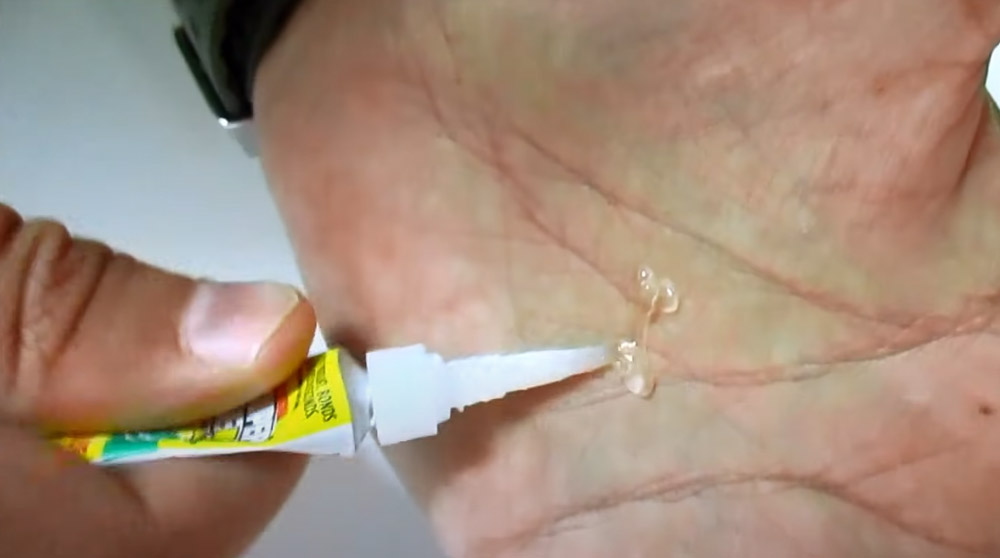
Try applying some cornstarch or talcum powder first and allow them to absorb as much of the glue. Then scrape away the excess glue using a putty knife. Finally, wipe up residual residue with cotton balls soaked in clean mineral spirits, then rinse out residues thoroughly under running water.
Measures on maintaining quartz countertop cleanliness and luster
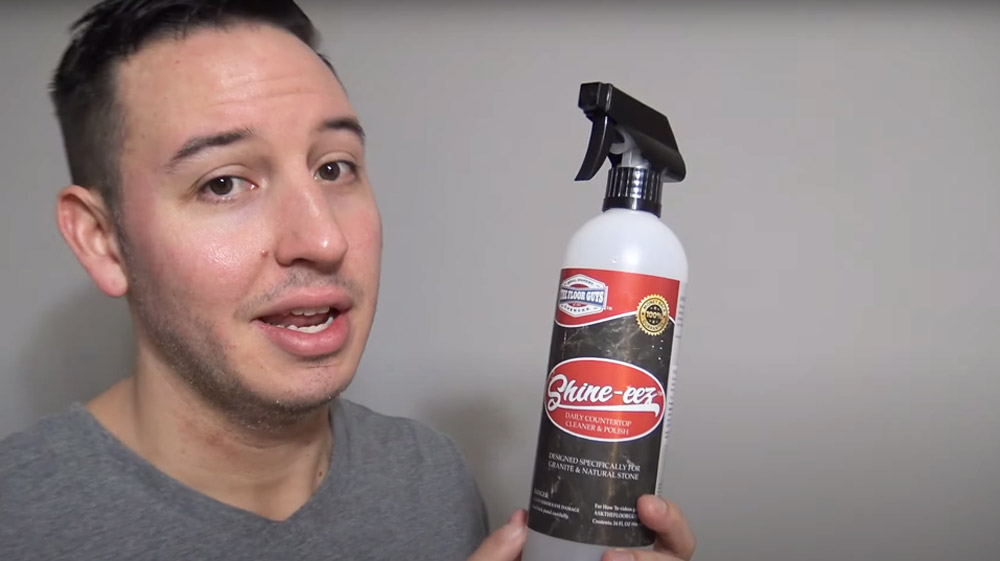
- Moisture is the enemy of quartz countertop; it leads to stains, etching, and dulling of the surface. So wipe up spills immediately with a damp sponge or cloth as soon as they happen.
- Use a soft cloth and soapy water when cleaning the surface of your quartz countertops. If you use unscented dish soap for regular cleaning, you should not see any streaks on your counters after drying them off.
- Do not put hot items directly onto the surface; let them cool first before doing so otherwise there would be permanent damage.
- Use coasters under beverages thus avoiding moisture accumulating in between sealant joints causing textural irregularities/depressions etc.
- If at all possible, do not place anything that will cause scratches onto your home surfaces such as metal utensils, knives, or abrasive scrubbers.
- Periodically apply a sealant to protect the surface. The frequency will depend on how often the countertops are used and what kind of products are being spilled on them. But as a general rule, every year or two should be sufficient.
Conclusion
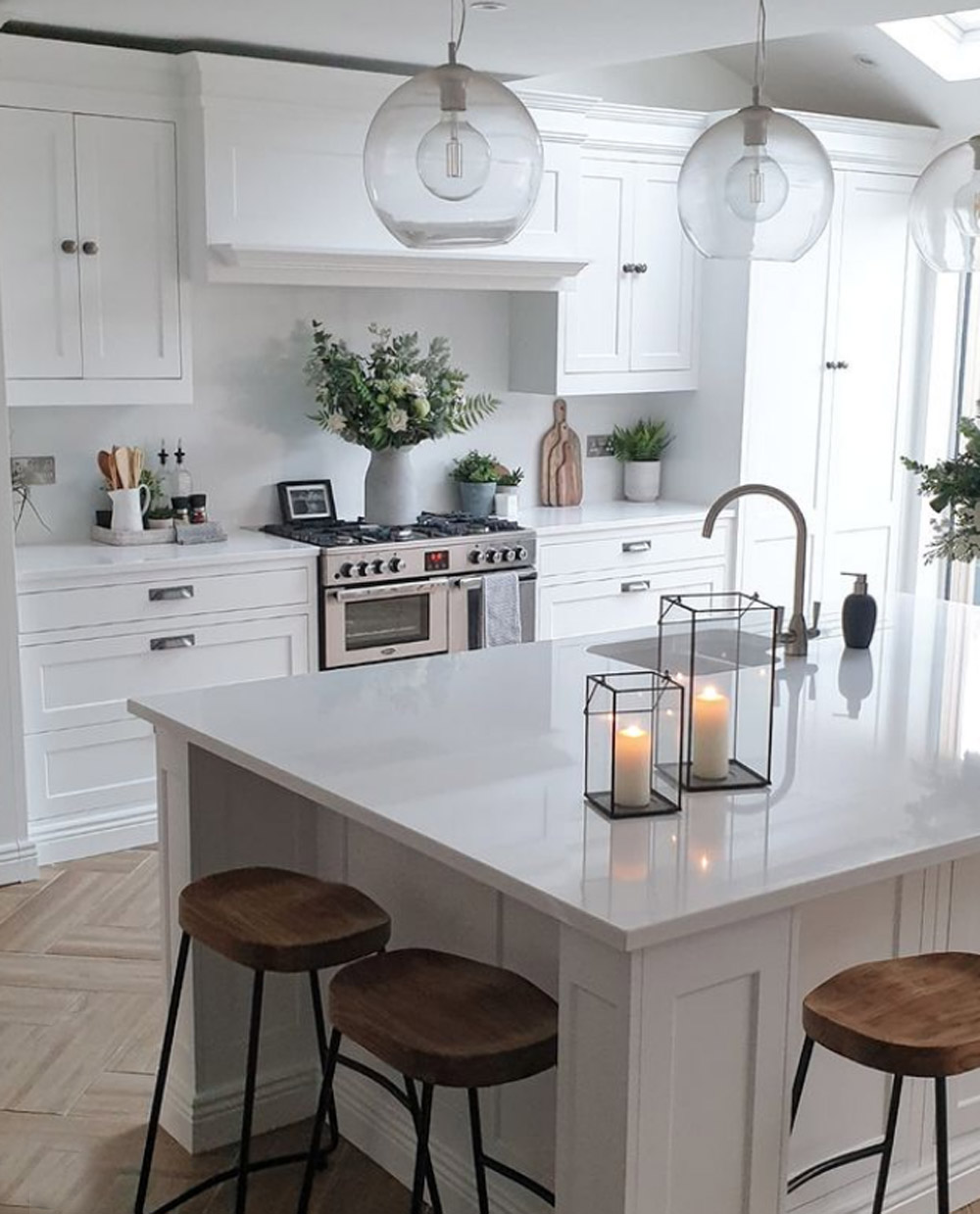
Do you have super glue on your quartz countertop? If so, don’t panic. There are many ways to remove it, but the most effective way is by using acetone nail polish remover.
Removing super glue can be a daunting task, but with the right tools and some patience, it can be done without any damage to your countertop. If all of these methods still don’t work for you, then there is always the option of hiring a professional to take care of it for you. The key is to act fast and use the correct solvent for the job!
If you have any questions or concerns about this process, please contact us.
